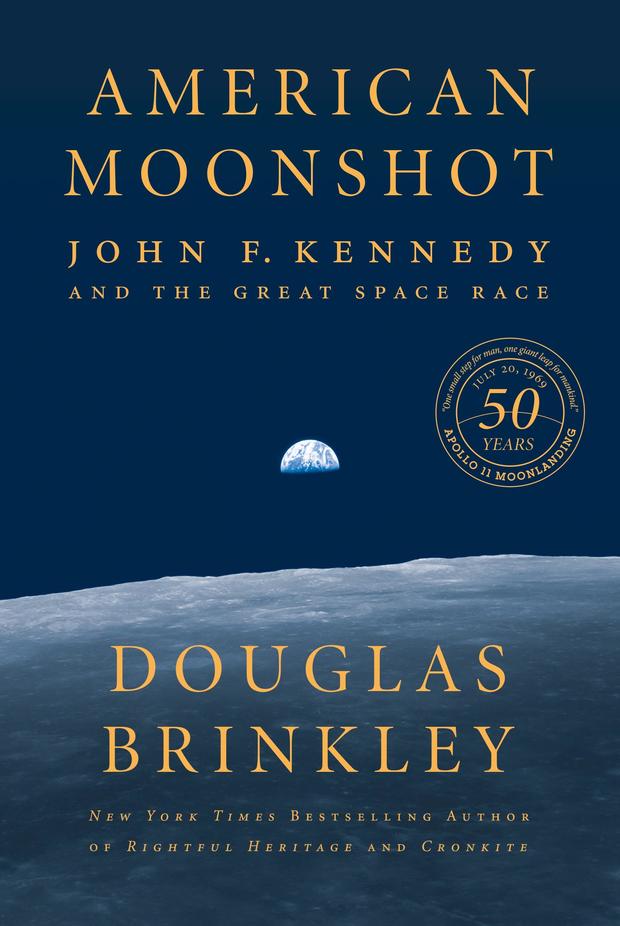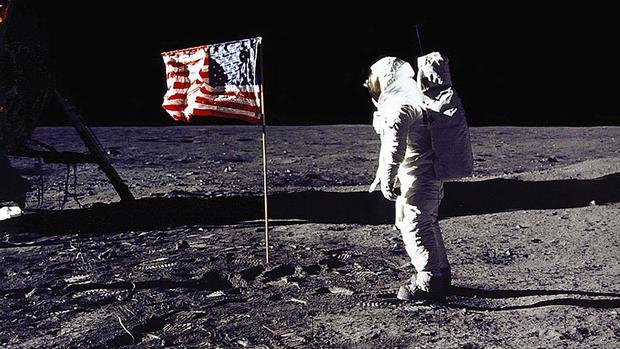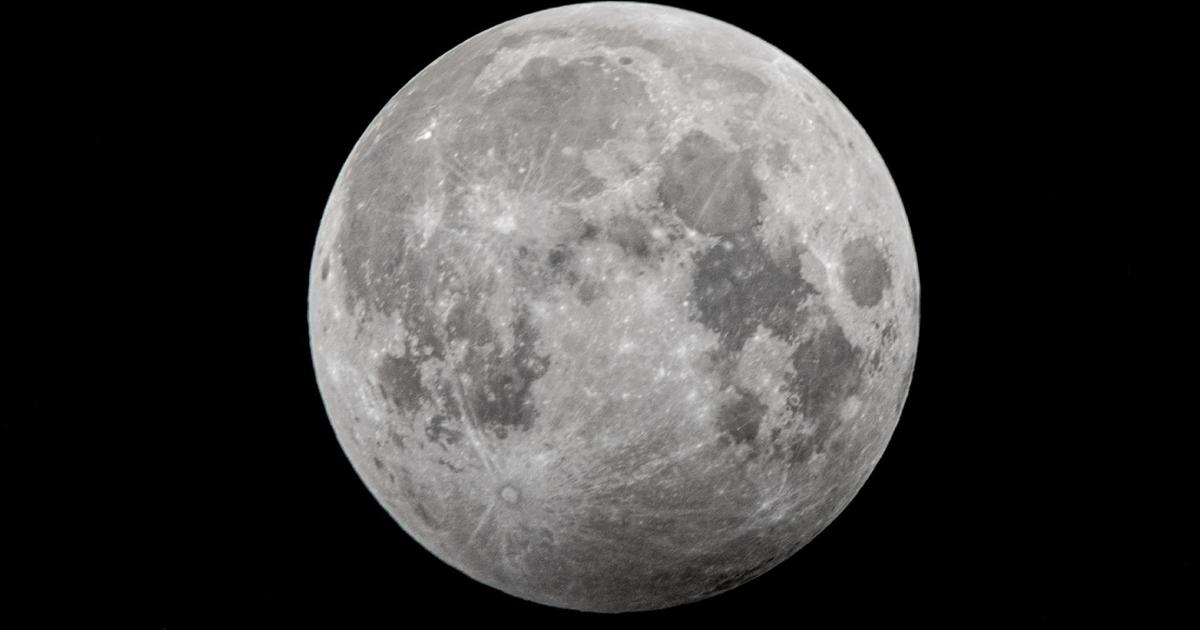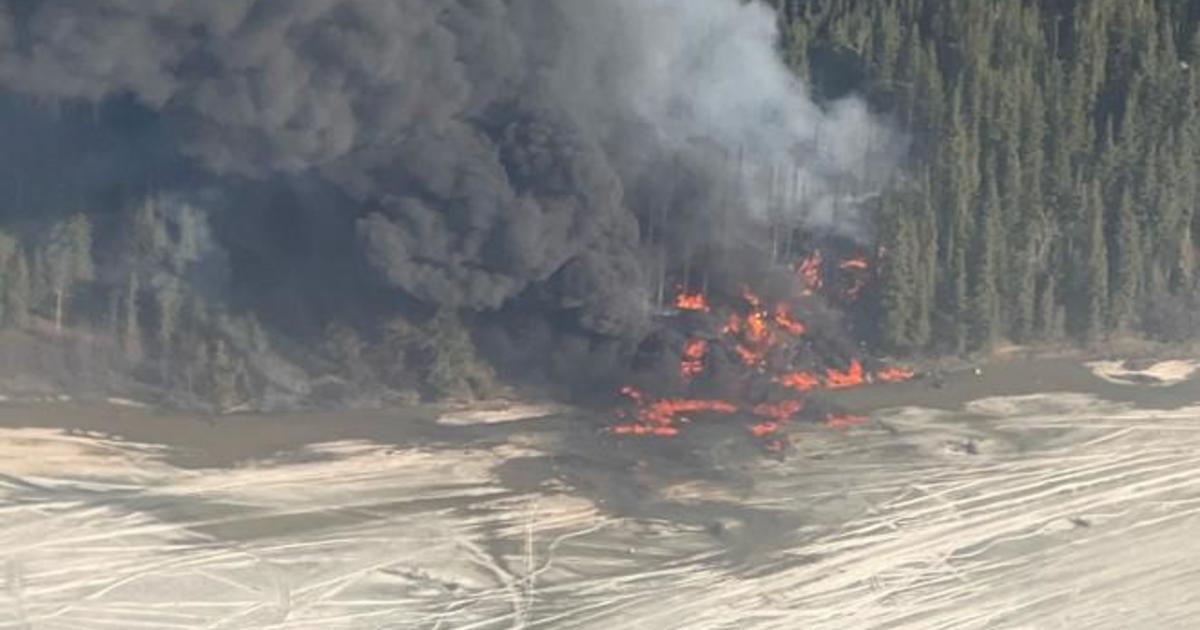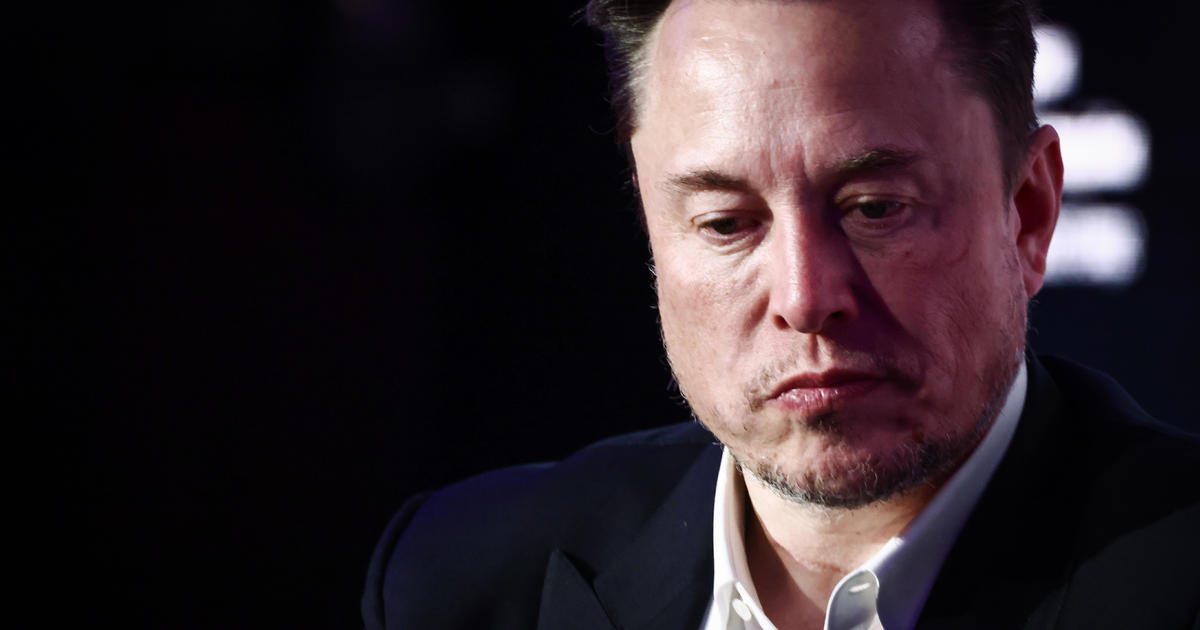"American Moonshot": Historian reflects on JFK's space race ahead of Apollo 11 anniversary
Ahead of the 50th anniversary of the moon landing this July, historian Douglas Brinkley is telling the backstory of the mission in his new book, "American Moonshot: John F. Kennedy and the Great Space Race."
Last week Vice President Mike Pence announced the Trump administration's goal to return to the moon by 2024. It echoed a call made by President Kennedy in a 1961 speech to Congress.
"No single space project in this period will be more impressive to mankind, or more important for the long-range exploration of space; and none will be so difficult or expensive to accomplish," Kennedy said at the time. It cost $180 billion in today's dollars.
"John Kennedy with was a great salesperson for space," historian Douglas Brinkley said Tuesday on "CBS This Morning." Kennedy tied his speeches promoting the race to the moon to "science education, math education, history of exploration, Christopher Columbus, Lewis and Clark," he added.
But Pence's speech in Hunstville, Alabama, didn't have the same "inspirational, aspirational tone," Brinkley said.
"I think the Trump administration will have to sell going back to the moon a little more vigorously than they have thus far," he added.
Kennedy's challenge set off a race to put an American man on the moon before the Soviet Union. Nearly eight years later, more than 500 million people worldwide watched as Neil Armstrong and the Apollo 11 crew achieved that goal.
Brinkley said the Cold War had everything to do with going to the moon "because in 1967, the Soviet Union put the Sputnik satellite up and alarm bells ran all over America."
The fear at the time was, "We're losing the space race. We're losing satellites. We're losing in ICBMs. And there's a missile gap. The big cheerleader of a missile gap was young John F. Kennedy as senator. He built the missile gap and the space gap that Eisenhower was asleep at the wheel as a campaign pledge. So when he runs in 1960, he's talking space a lot," Brinkley said.
But Kennedy "hedged his bets once he became president," he said, noticing that the space race could also be a "TV ratings bonanza."
"FDR had the New Deal, had the Grand Coulee Dam and WPA bridges and the like. Eisenhower built the interstate highway system, Saint Lawrence Seaway. Kennedy's infrastructure became high-tech, technology quarters," Brinkley said.
